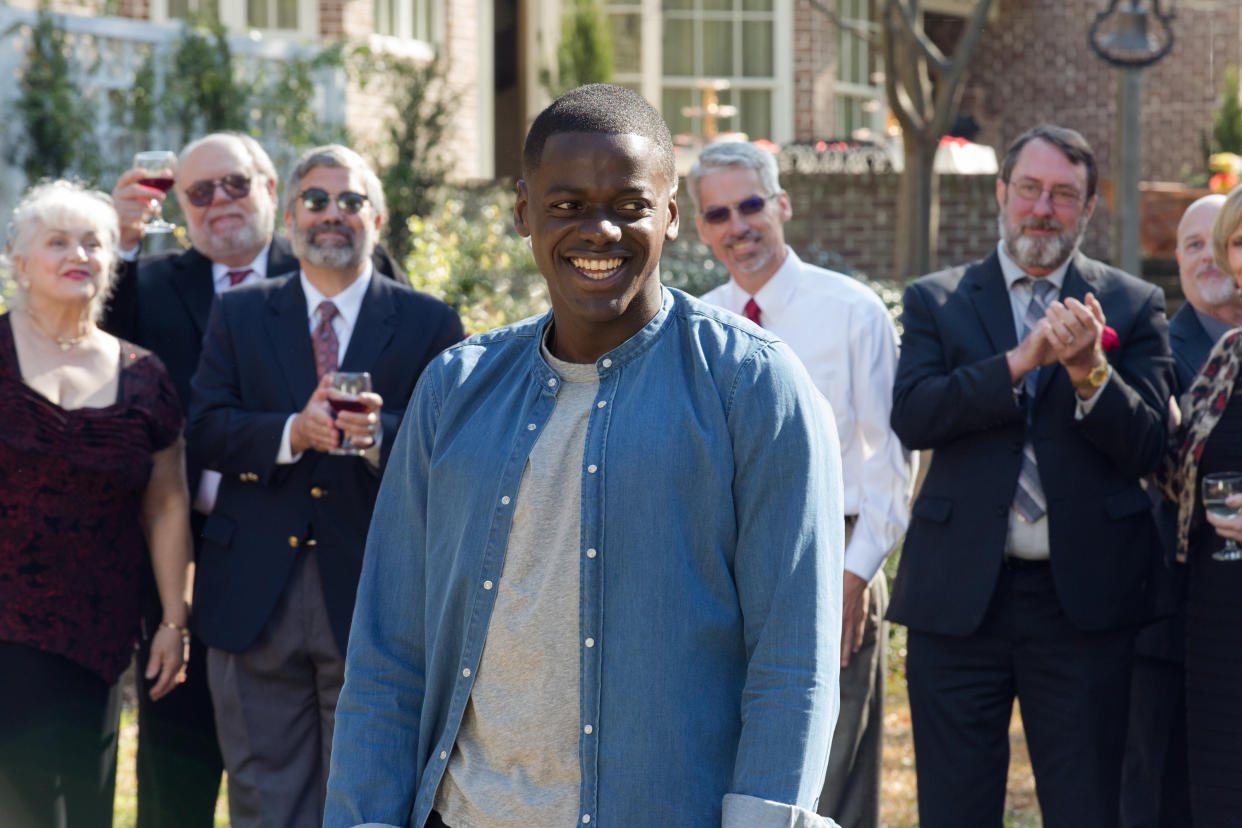Jordan Peele Talks About His Worst Fear in Making ‘Get Out’ — Filmmaker Toolkit Podcast

Because “Get Out” has been so commercially and critically successful it may seem, in retrospect, obvious how a black man visiting his white girlfriend’s family in the suburbs would be the perfect premise for a horror film. But that doesn’t give nearly enough credit to the incredible balancing act writer/director Jordan Peele executed in avoiding the tremendous risks involved with making the film.
“The worst fear would be that people wouldn’t have fun,” said Peele while he was guest on IndieWire’s Filmmaker Toolkit Podcast. “It’s an entirely uncomfortable movie, a reminder of everything that is wrong with this country, but without the escape.”
Subscribe via Apple Podcasts to the Filmmaker Toolkit Podcast
Right from the start, Peele knew he didn’t want to make a film about race that was comfortable. He wanted to make a film that captured what people of color experience daily, but doesn’t get seen in the movies.
“I wasn’t seeing my experience of being in a room full of white people and having them [try] to relate to me in terms of my blackness before anything else,” said Peele. “It’s my truth, it’s a lot of people’s truth, and it’s one that was missing from the conversation.”
To pull this off, Peele knew right from the start of the film he would need to ground his audience not only in the subjectivity of his protagonist Chris (Daniel Kaluuya), but also the black experience.
“The beginning of this film is meant so everybody [experiences] the fears that a black person has to deal with on a day to day basis, whether it’s walking down suburban streets at night and knowing you could be profiled as a villain, or if it’s simply to meet your potential in-laws for the first time and they don’t know you’re black,” said Peele. “So in the first couple scenes of the movie we teach the audience that there is something sinister and insidious going on racially and what happens is when we get to the house it is all these seemingly harmless microaggressions and goofy interactions that go down and that have so much more meaning to someone who’s trained to looked for them, and that is the black experience.”
While on the podcast, Peele broke down — from the script’s structure, to film’s unique hybrid tone, to playing with the audience’s expectations — how he pulled off the high-wire act of delivering uncomfortable truths and an engaging film with genre thrills. Peele also talked about how his biggest passion has always been to become a movie director, but how his unexpected detour into a successful comedy career ended up making him a better filmmaker.
The Filmmaker Toolkit podcast is available on Apple Podcasts, Overcast, Stitcher, SoundCloud and Google Play Music. Previous episodes include:
The music used in this podcast is from the “Marina Abramovic: The Artist is Present” score, courtesy of composer Nathan Halpern.
You can check out the rest IndieWire’s podcasts in iTunes.
Related stories
The Best TV Ensembles of 2017 Demand Recognition Beyond the SAG Awards